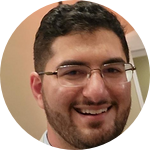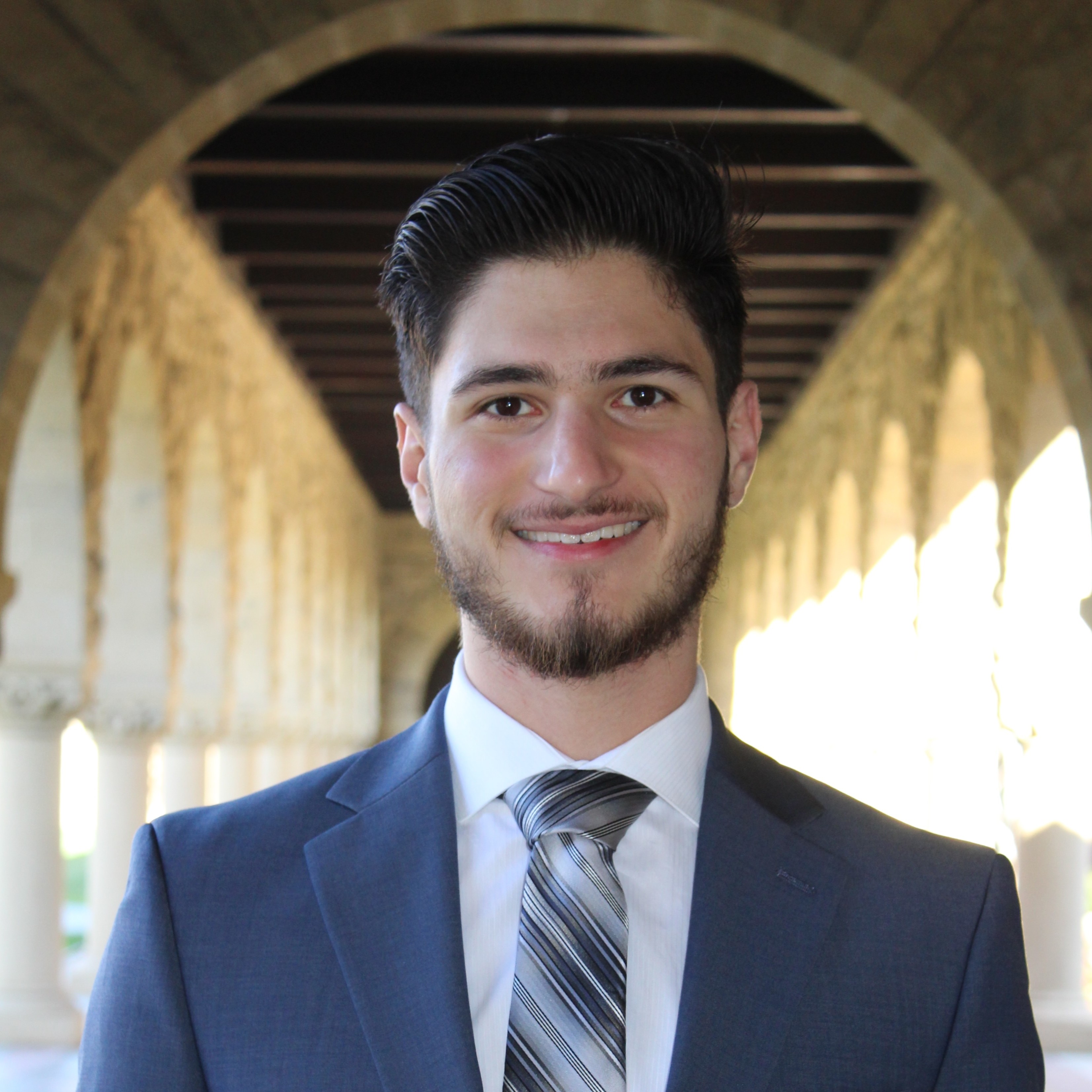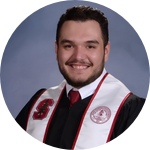About This Project
An AI-assisted dermatology tool for refugees, utilizing imaging and symptom questionnaires to improve diagnostic accuracy. Intended to initially empower primary care providers to increase dermatological diagnosis accuracy and eventually at home diagnosis by patients. The initial stages of the project encompassing development, expert input, and a field pilot are projected to run from March through the end of the summer with hopes of new goals and aspirations for growth set at that time.
Ask the Scientists
Join The DiscussionWhat is the context of this research?
In the Zaatari refugee camp in Jordan, home to approximately 80,000 Syrian refugees, the healthcare challenges are particularly acute. A study revealed that the camp and its surrounding communities are grappling with a significant burden of skin diseases, which are among the highest prevalent medical conditions, yet the access to dermatological care is incredibly scarce, almost non-existent. Conditions such as eczema frequently remain undiagnosed and untreated due to the severe shortage of specialists, who may be available only a handful of times each year, if at all. This gap in care leads to a considerable impact on the refugees' quality of life, with even mild skin conditions escalating into more severe health issues and a constant sentiment of hopelessness amongst the community.
What is the significance of this project?
This project is pivotal, targeting a critical healthcare gap, where skin diseases prevail yet specialist care is scarce. By introducing an AI diagnostic tool, this initiative empowers primary healthcare providers and eventually refugees with the capability to accurately diagnose skin conditions, thereby improving healthcare delivery and outcomes in these settings. It bridges the healthcare divide, ensuring conditions like eczema, can be accurately diagnosed and managed. This innovation not only promises to enhance the health and wellbeing of one of the world's most vulnerable populations but also sets a precedent for applying advanced technology to tackle healthcare challenges in resource-constrained environments, marking a significant step towards equitable healthcare access for refugees.
What are the goals of the project?
The project aims to develop and deploy an AI-assisted diagnostic tool for skin diseases in Zaatari refugee camp, addressing the critical lack of dermatological care. Key goals include: 1) Enhancing the diagnostic accuracy and treatment of skin conditions among refugees, reducing the reliance on scarce dermatological specialists. 2) Empowering primary healthcare providers with advanced tools to improve care quality. 3) Gathering data to better understand the dermatological needs within refugee populations. 4) Demonstrating the feasibility and effectiveness of AI in improving healthcare access in resource-limited settings. Ultimately, the project seeks to improve health outcomes and quality of life for refugees by making specialized dermatological care more accessible and efficient.
Budget
Travel and Stay expenses ensure that our team can conduct essential field research and engage with local communities and healthcare providers, critical for tailoring the tool to actual needs and ensuring cultural appropriateness. The allocation for Computing Cloud Services is fundamental for the development and testing of the AI algorithm, providing the computational power necessary for processing large datasets, machine learning model training, and simulation tests. This budget allocation strikes a balance between on-ground research to ensure the tool's relevance and the technological investment required to create a reliable AI diagnostic platform.
Endorsed by
 Project Timeline
Project Timeline
In March, our project embarks on developing an AI dermatology tool, with initial phases focusing on data gathering and model training. May brings critical evaluation against dermatologist assessments, a phase key to refining our model. By June, we're prepping for a July field pilot, an experimental yet pivotal step to test the tool's real-world impact. Collaboration with dermatologists throughout ensures our approach is grounded in medical expertise, vital for success and iterative improvement.
Mar 21, 2024
Project Launched
Jun 30, 2024
Completion of AI Algorithm Development
Jul 05, 2024
Field Research and Community Engagement
Jul 16, 2024
Pilot Program Launch
Meet the Team
Team Bio
Our team combines a Biomolecular Engineering & Medical Design undergrad premed with deep engagement in refugee communities globally, and a Computer Science undergrad specializing in AI, with a rich background in refugee support and computer vision. Together, we bring a unique blend of medical insight, technical expertise, and compassionate understanding of refugee needs. Collaborating with experts in dermatology and bioE, our team is uniquely positioned to tackle refugee healthcare challenges.
Layth Alkhani
I am Layth, a dedicated premed student majoring in Biomolecular Engineering & Medical Design. I'm deeply committed to merging the innovative realms of engineering, design, and medicine to address global health challenges. With a passion for healthcare innovation, I have devoted my academic journey to understanding the complex interactions between biological systems and medical technologies. Through my studies, I aim to contribute to the development of groundbreaking medical devices and diagnostic tools that can improve patient outcomes and accessibility to healthcare, especially in underserved communities. My involvement in various projects, including an AI-assisted dermatology diagnostic tool for refugees, highlights my dedication to applying my knowledge for humanitarian purposes. I envision a future where technology and medicine converge to offer sustainable, effective healthcare solutions worldwide.
Abdul Omira
I'm Abdul, a Computer Science undergraduate with a focus on Artificial Intelligence and a deep interest in leveraging technology for social good. My journey in computer science has been driven by a fascination with how algorithms and machine learning can be applied to solve real-world problems, particularly in humanitarian contexts. My extensive experience working with refugees has shaped my understanding of the challenges they face, inspiring me to develop solutions that can make a tangible difference in their lives. Among my projects, I've worked on computer vision applications with drones and an AI-assisted dermatology diagnostic tool, aiming to improve healthcare accessibility in refugee camps. I believe in the power of technology to bridge gaps in global healthcare delivery, and I am committed to innovating for a world where everyone has access to the care they need.
Lab Notes
Nothing posted yet.
Project Backers
- 1Backers
- 100%Funded
- $10,000Total Donations
- $10,000.00Average Donation


